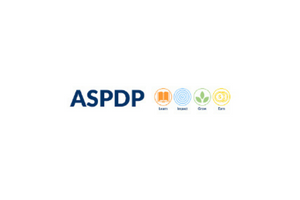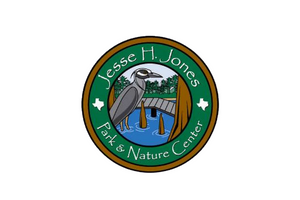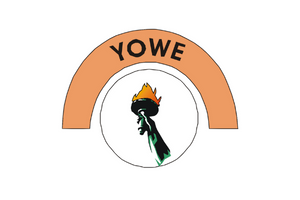To employ best-practices and benefit from cutting-edge research, CELF has established partnerships with thought leaders in the fields of Education for Sustainability, Environmental Health Research, Social Justice and Institutes of Higher Education.
Higher Education











Public Education









Nonprofit























Government


Corporate



